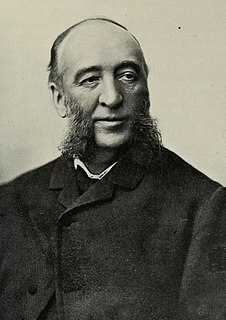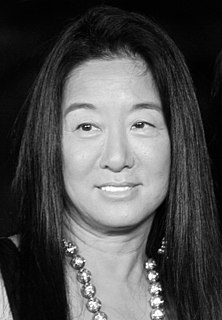A Quote by Eric Nam
I want to position myself as a great singer/songwriter in Korea, then jump off that into different markets. South-east Asia, China, Japan - I've done nothing even though I speak four languages - English, Korean, Spanish, and a little bit of Mandarin.
Related Quotes
I speak English, obviously, Afrikaans, which is a derivative of Dutch that we have in South Africa. And then I speak African languages. So I speak Zulu. I speak Xhosa. I speak Tswana. And I speak Tsonga. And like - so those are my languages of the core. And then I don't claim German, but I can have a conversation in it. So I'm trying to make that officially my seventh language. And then, hopefully, I can learn Spanish.
Someone might say about a person, "Oh, they are a 'Westerner." But who are Westerners? Greek, Bulgarian, German, English, Scandinavian, Spanish, American, Latin. All different nations, all different people. Different individuals live in the West. There's no such thing as "West" just as there's no such things as "East." What is "East?" Turkey, Iran, China, India, Japan. They are all different. They are all unique.
I think the regime in North Korea is more fragile than people think. The country's economic system remains desperate, and one thing that could happen for example would be under a new government in South Korea, to get the South Korean government to live up to its own constitution, which says any Korean who makes it to South Korea, is a Korean citizen. A citizen of the Republic of Korea. And you could imagine the impact that would have inside North Korea if people thought, "If I could get out and make it to South Korea, I could have a different life."
South Korea from a country that had relatively little primary education became close to universal literacy in the course of 25, 30 years, in a way trying to replicate what Japan had done earlier. They were learning to some extent from the Japanese experience too. So I think, in a sense, the East Asians were following a path, which all other countries including South Asia could follow but chose not too.
I can read more languages than I speak! I speak French and Italian - not very well, alas, but I can get by. I read German and Spanish. I can read Latin (I did a lot of Latin at school.) I'm afraid I do not speak any African languages, although I can understand a little bit of the Zulu-related languages, but only a tiny bit.
Here in South Korea, I'm continuing to learn English in order to boost my prospects. When North Korean defectors try to get a job to stabilize their lives, their lack of English is a handicap. It was the same story while I was living in China. It took an enormous amount of time and enthusiasm to learn Chinese.
I think there's going to be a real push in the next two years in Asia - China and Korea specifically. And that's a huge undertaking. Ten years ago it was impossible to break into that part of the world. Some of the biggest companies in the world found it challenging. But I am Chinese-American and I think what we do will resonate in China. So that's where we see our biggest opportunities going forward. I do speak Mandarin and I also relate to the hunger that China has for culture and architecture and style.
My mother, she's the one who's gifted with language. She can speak Japanese, of course, Tagalog, which is a Filipino dialect, Spanish as well as English. And I speak a little bit Japanese because I've had the opportunity to work alongside Japanese people. And a little bit of German, a little bit of Portuguese because of work. A little bit of French because of work. But then, if you asked me to carry-on an everyday conversation, I would fail miserably.




































